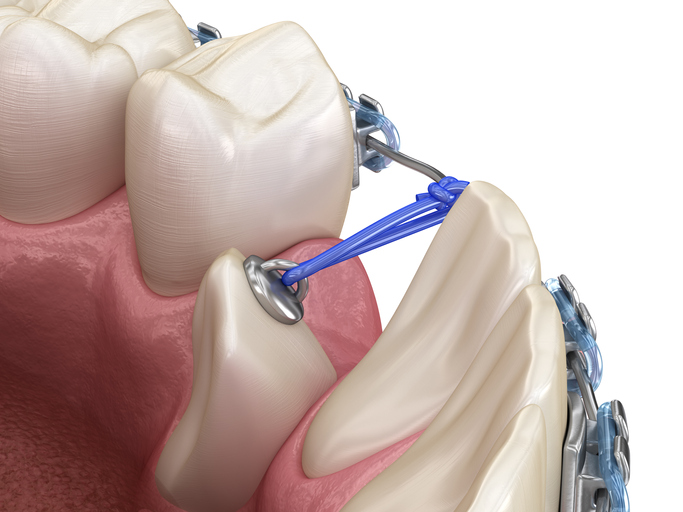 When a twinge of discomfort in your mouth turns into a persistent ache, it might signal something more significant than your usual toothache. This discomfort could be the telltale sign of impacted teeth, a dental condition that often flies under the radar but can have far-reaching implications for your oral health. Today, we’re going to explore the hidden world of impacted teeth—what they are, why they matter, and why addressing them sooner rather than later can make a world of difference to your dental well-being.
When a twinge of discomfort in your mouth turns into a persistent ache, it might signal something more significant than your usual toothache. This discomfort could be the telltale sign of impacted teeth, a dental condition that often flies under the radar but can have far-reaching implications for your oral health. Today, we’re going to explore the hidden world of impacted teeth—what they are, why they matter, and why addressing them sooner rather than later can make a world of difference to your dental well-being.
Impacted teeth occur when there is not enough space for them to emerge or grow in their correct positions. They are teeth trapped beneath the gum line, unable to fully break through due to obstruction by other teeth, lack of room in the jaw, or abnormal growth angles. While wisdom teeth are the usual suspects when we talk about impactions, any tooth can become impacted, including canines and premolars. This condition isn’t just a minor inconvenience; if left unaddressed, it can lead to serious dental issues, including infection, damage to adjacent teeth, and misalignment of the dental arch.
The prevalence of impacted teeth varies, affecting a significant portion of the population across different age groups and demographics. This variability underscores the importance of early detection and intervention. Ignoring impacted teeth can lead to a cascade of dental problems, but with timely and professional intervention, these issues can be managed effectively, ensuring your oral health remains on the right track.
What Are Impacted Teeth?
Impacted teeth occur when teeth do not emerge through the gums properly due to insufficient space in the jaw or because they are blocked by other teeth. This dental dilemma is not just a matter of discomfort; it’s a condition that can lead to significant oral health issues if left unaddressed. An impacted tooth can cause damage to neighboring teeth, lead to infections, and contribute to misalignment of the teeth and jaw. While wisdom teeth are the usual suspects in discussions about impaction, any tooth can become impacted, including canines and premolars. The prevalence of impacted teeth varies, affecting a broad spectrum of the population across different ages and backgrounds, making it a pertinent issue for a wide audience. Early detection and management are crucial in preventing the array of complications associated with impacted teeth, emphasizing the importance of professional dental care.
Causes and Symptoms to Watch For
The journey toward impacted teeth often begins with genetics and environmental factors. A primary cause is insufficient space in the dental arch, preventing teeth from erupting correctly. Additionally, teeth may grow in at an incorrect angle, or other teeth may obstruct the path of eruption, leading to impaction. Symptoms vary widely, from visible signs like persistent pain and swelling around the jaw to more subtle indicators such as difficulty in opening the mouth or even the complete absence of symptoms. Given the potential for impacted teeth to remain asymptomatic until complications arise, regular dental visits are crucial. These visits can uncover hidden issues, allowing for early intervention and potentially avoiding more complex problems down the line.
Navigating Diagnosis and Professional Assessment
The process of diagnosing impacted teeth involves a thorough dental examination, often complemented by X-rays or other imaging techniques. These diagnostic tools offer a glimpse beneath the gum line, allowing dental professionals to assess the position and health of impacted teeth accurately. At Pinnacle Center – Dental Implants & Periodontics, Dr. Roll, Dr. Williams, and our team leverage advanced diagnostic methods to ensure precise assessments, enabling us to craft personalized treatment plans. Understanding the type and severity of impaction is critical, as it influences the treatment approach. Our team’s expertise ensures that each patient receives a tailored evaluation, considering the unique aspects of their case to determine the most effective course of action.
Exploring Treatment Options
The spectrum of treatment for impacted teeth ranges from non-invasive monitoring to surgical interventions, depending on the case’s specifics. Options include the surgical removal of the tooth or teeth in question, orthodontic treatments to create space and encourage proper eruption, or a combination of approaches tailored to the patient’s needs. Factors influencing treatment decisions include the impacted tooth’s type, the presence and severity of symptoms, potential for future complications, and the patient’s overall health and treatment preferences. Our commitment at Pinnacle Center – Dental Implants & Periodontics is to engage in open, informed discussions with our patients, exploring all possible options and recommending the most appropriate treatment based on a comprehensive evaluation of their dental health.
Preventive Measures and Emphasizing Aftercare
While it’s not always possible to prevent the occurrence of impacted teeth, adopting a proactive approach to dental care can significantly mitigate risks. Good oral hygiene practices and regular dental check-ups are essential for early detection and management of potential issues. Following treatment, adhering to a detailed aftercare plan is crucial for healing and preventing complications. This includes maintaining oral hygiene, following dietary recommendations, and attending follow-up appointments. Our team at Pinnacle Center – Dental Implants & Periodontics is dedicated to guiding patients through their recovery, providing personalized advice and support to ensure a smooth and effective healing process. Regular dental visits post-treatment also allow for ongoing monitoring and maintenance of oral health, reinforcing the importance of a proactive and preventive approach to dental care.
Taking Action Against Impacted Teeth
Addressing impacted teeth is crucial for maintaining good oral health and overall well-being. Early diagnosis and treatment can prevent a range of complications, ensuring your smile stays healthy and bright.
If you suspect you or a loved one may be dealing with an impacted tooth, don’t hesitate to reach out to us at Pinnacle Center – Dental Implants & Periodontics. Our dedicated team, including Dr. Roll and Dr. Williams, is here to provide you with the expert care and guidance you need.
Don’t let impacted teeth remain a mystery. Contact our office today to schedule an appointment and take the first step towards resolving this dental challenge. Together, we can uncover the best path forward for your dental health.


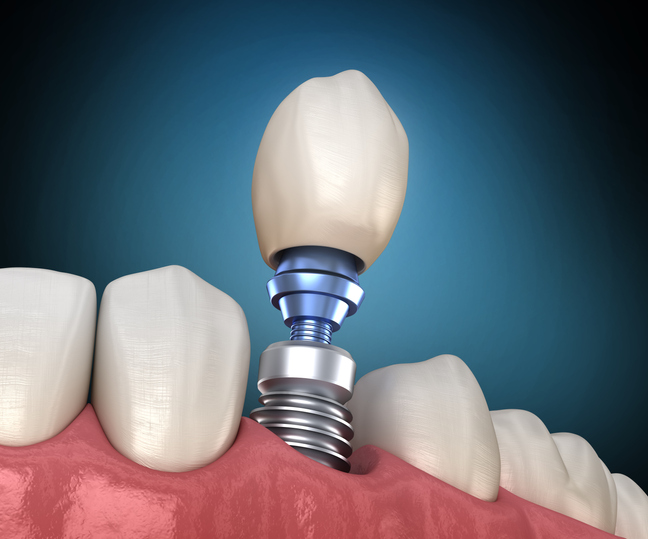 Welcome to Pinnacle Center – Dental Implants & Periodontics, where your smile is our priority. Today, we are diving deep into the world of
Welcome to Pinnacle Center – Dental Implants & Periodontics, where your smile is our priority. Today, we are diving deep into the world of  At Pinnacle Center – Dental Implants & Periodontics, we understand that oral health is not just about teeth, but also about the health of your gums.
At Pinnacle Center – Dental Implants & Periodontics, we understand that oral health is not just about teeth, but also about the health of your gums. 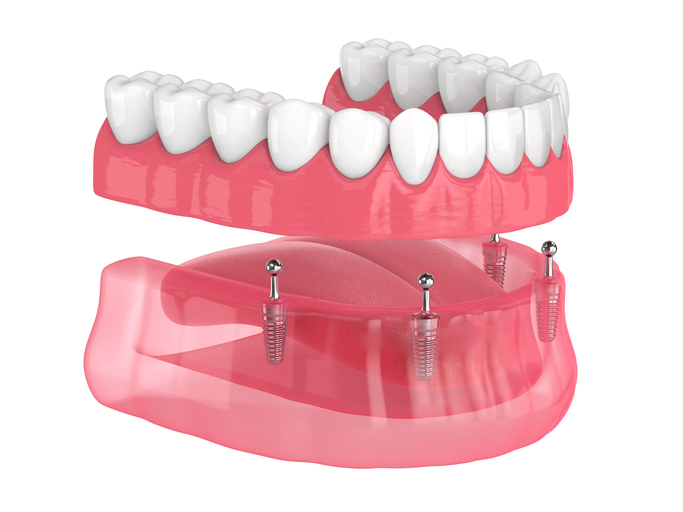 Welcome to Pinnacle Center – Dental Implants & Periodontics. Today, we will delve into the innovative world of
Welcome to Pinnacle Center – Dental Implants & Periodontics. Today, we will delve into the innovative world of 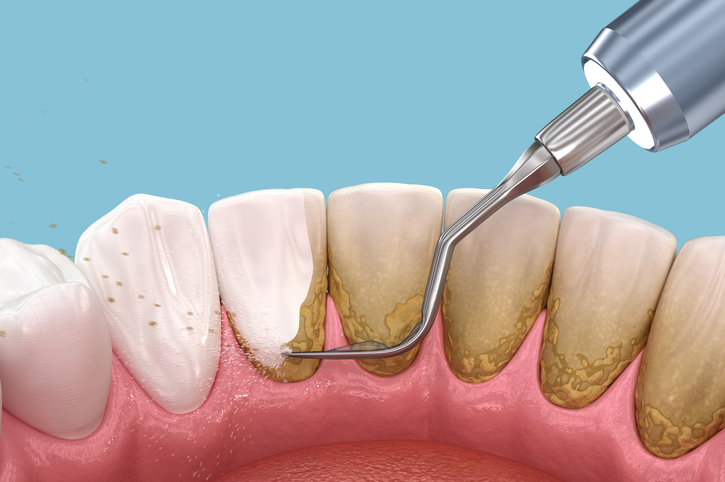 Gum disease, also known as periodontal disease, is a prevalent condition affecting millions of individuals worldwide. It is an inflammation of the gum tissue caused by the accumulation of plaque, a sticky film of bacteria that forms on teeth. If left untreated, gum disease can lead to tooth loss and has been linked to other health issues, including heart disease and diabetes.
Gum disease, also known as periodontal disease, is a prevalent condition affecting millions of individuals worldwide. It is an inflammation of the gum tissue caused by the accumulation of plaque, a sticky film of bacteria that forms on teeth. If left untreated, gum disease can lead to tooth loss and has been linked to other health issues, including heart disease and diabetes.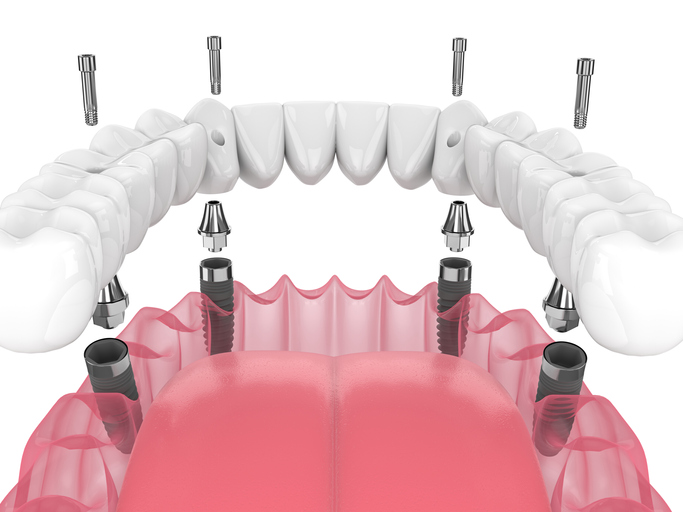 Today, we journey into the transformative world of
Today, we journey into the transformative world of 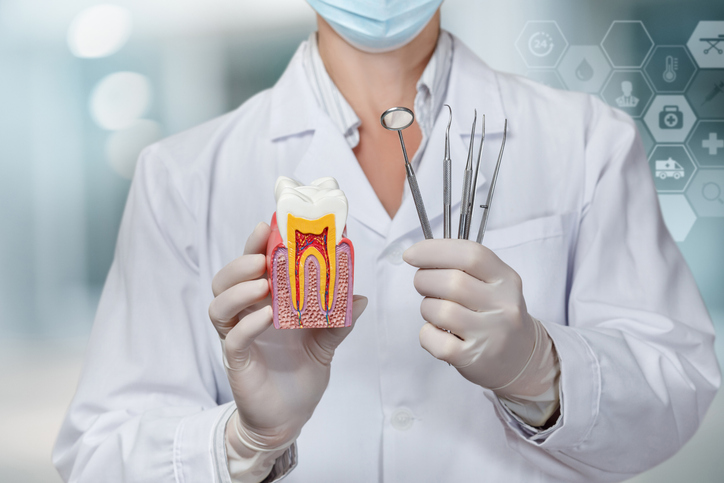 Periodontal health refers to the well-being of the gums, ligaments, and bone structures that surround and support our teeth. These structures are vital for maintaining our teeth’s stability and strength in our jaws. A solid periodontal foundation isn’t just about aesthetics; it’s fundamentally intertwined with our overall oral health.
Periodontal health refers to the well-being of the gums, ligaments, and bone structures that surround and support our teeth. These structures are vital for maintaining our teeth’s stability and strength in our jaws. A solid periodontal foundation isn’t just about aesthetics; it’s fundamentally intertwined with our overall oral health. At Pinnacle Center – Dental Implants & Periodontics, we understand the importance of dental stability in maintaining a healthy and confident smile. Dental stability isn’t merely a cosmetic concern. It plays a crucial role in chewing food efficiently, preserving jawbone health, and supporting overall facial structure.
At Pinnacle Center – Dental Implants & Periodontics, we understand the importance of dental stability in maintaining a healthy and confident smile. Dental stability isn’t merely a cosmetic concern. It plays a crucial role in chewing food efficiently, preserving jawbone health, and supporting overall facial structure. If you’ve noticed a pink tinge on your toothbrush or a little blood when you spit after brushing, it’s crucial not to ignore it. Though it may be a common occurrence, bleeding gums can often be an early warning sign of something more serious that requires attention. The gums, after all, serve as a supportive foundation for your teeth, and taking care of them is essential for maintaining overall oral health.
If you’ve noticed a pink tinge on your toothbrush or a little blood when you spit after brushing, it’s crucial not to ignore it. Though it may be a common occurrence, bleeding gums can often be an early warning sign of something more serious that requires attention. The gums, after all, serve as a supportive foundation for your teeth, and taking care of them is essential for maintaining overall oral health.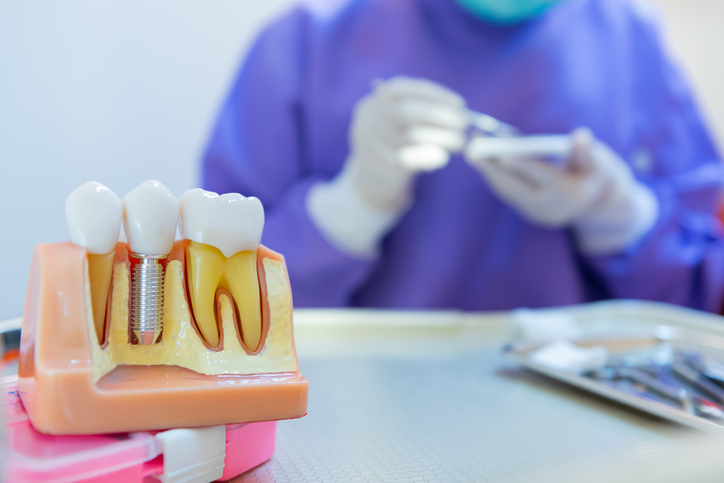 Dental implants have come a long way since their introduction in the 1960s. The early implant methods were invasive and required lengthy recovery periods. Over time, advances in dental technology have led to more efficient procedures and better outcomes for patients. Today, dental implants are considered the gold standard for replacing missing teeth, as they not only restore appearance but also preserve oral health.
Dental implants have come a long way since their introduction in the 1960s. The early implant methods were invasive and required lengthy recovery periods. Over time, advances in dental technology have led to more efficient procedures and better outcomes for patients. Today, dental implants are considered the gold standard for replacing missing teeth, as they not only restore appearance but also preserve oral health.